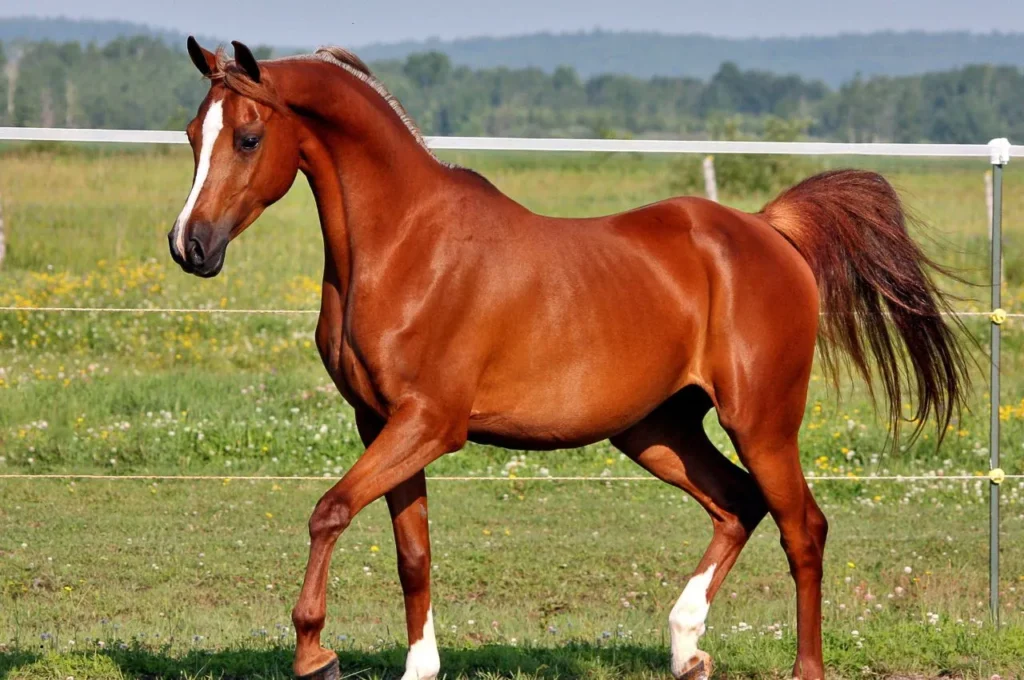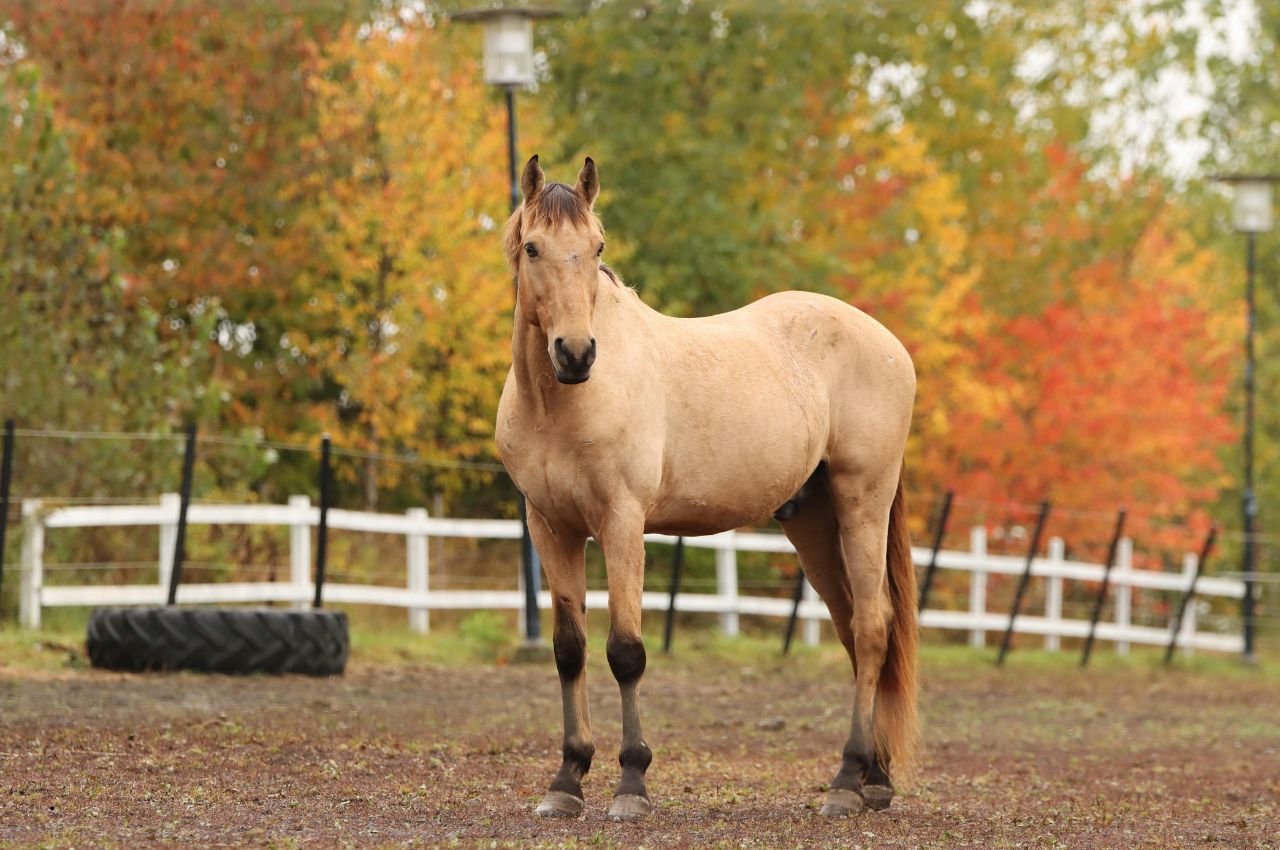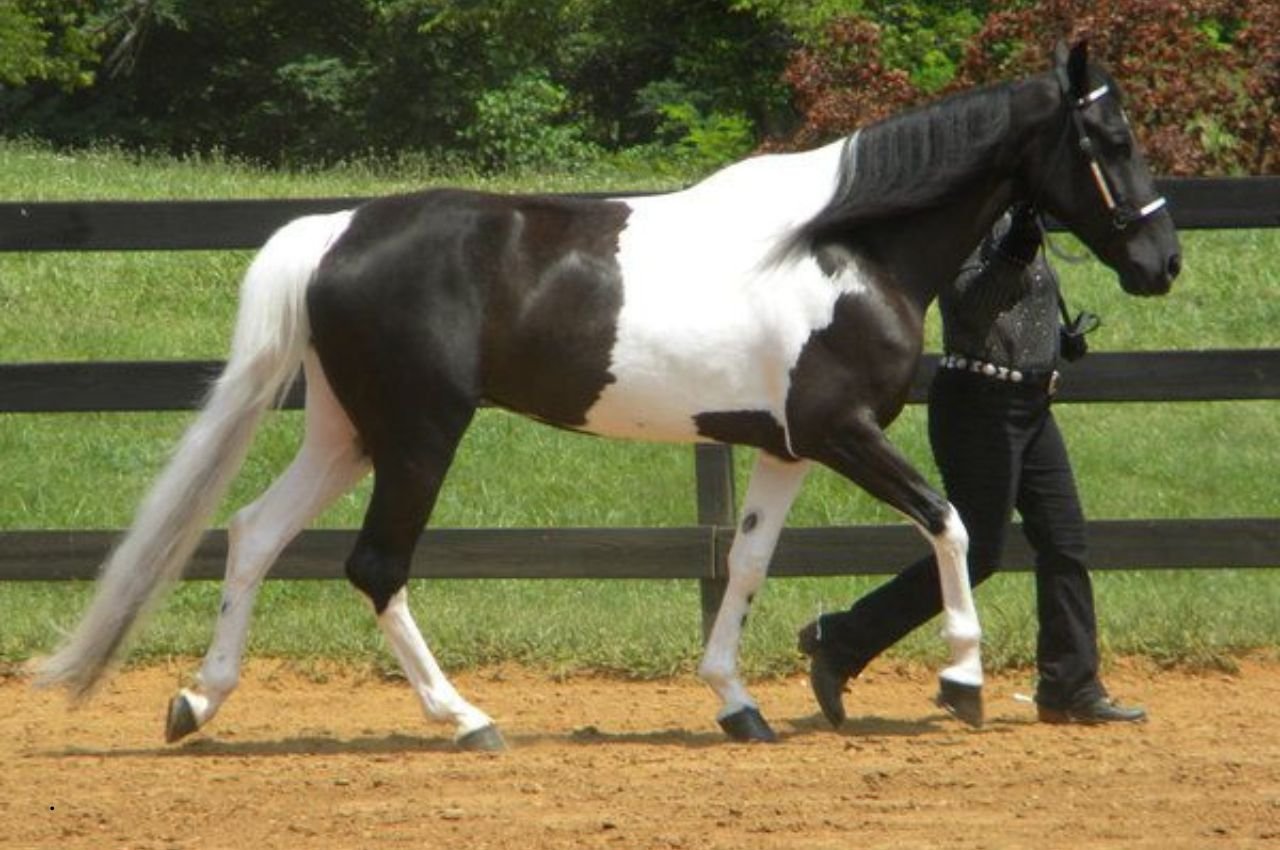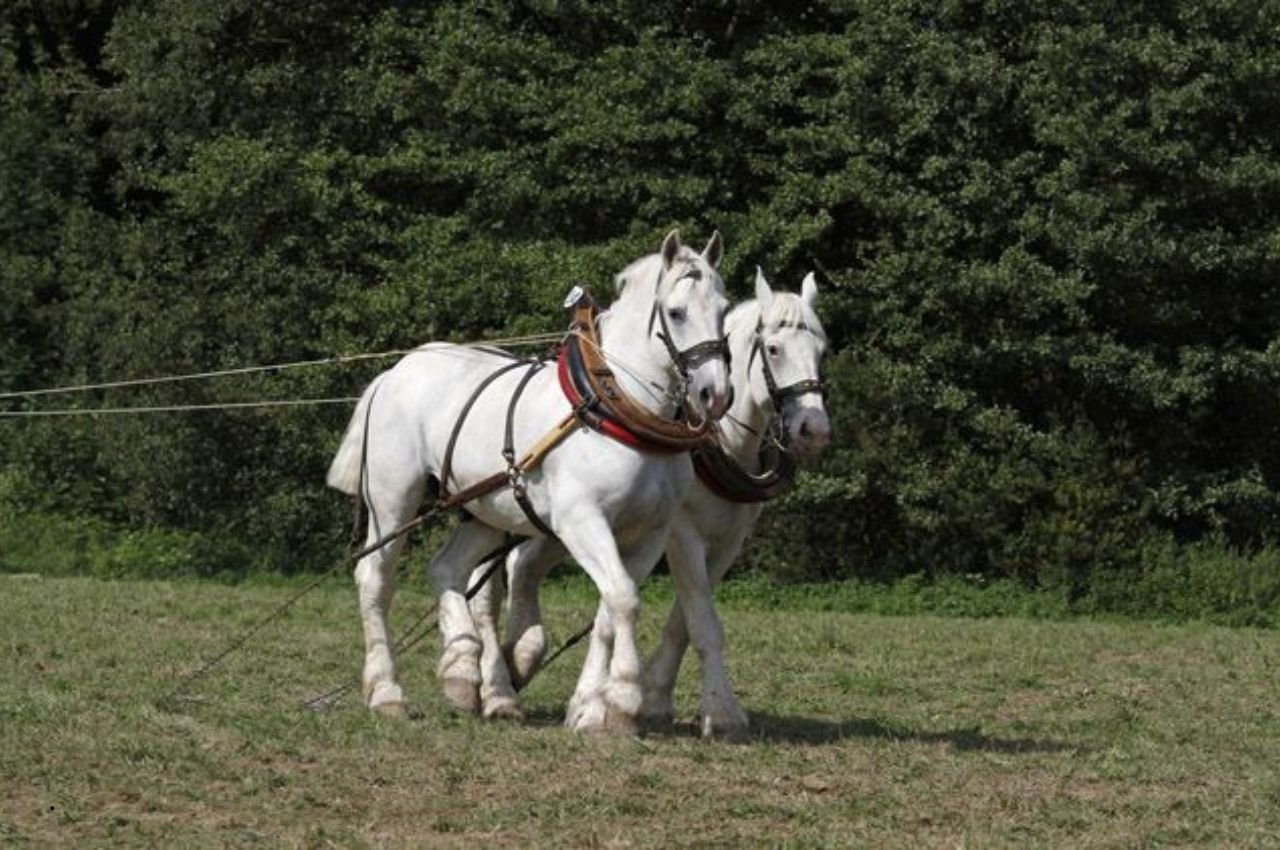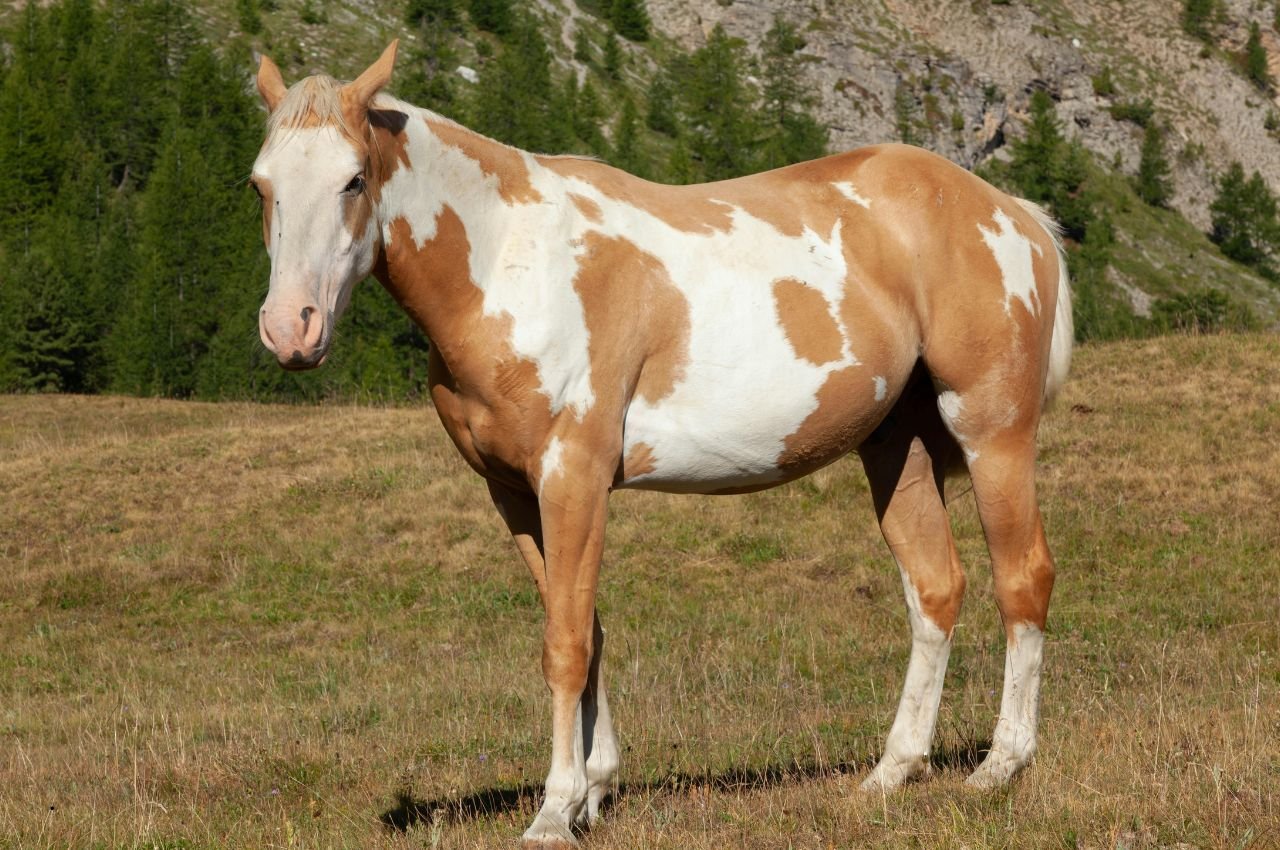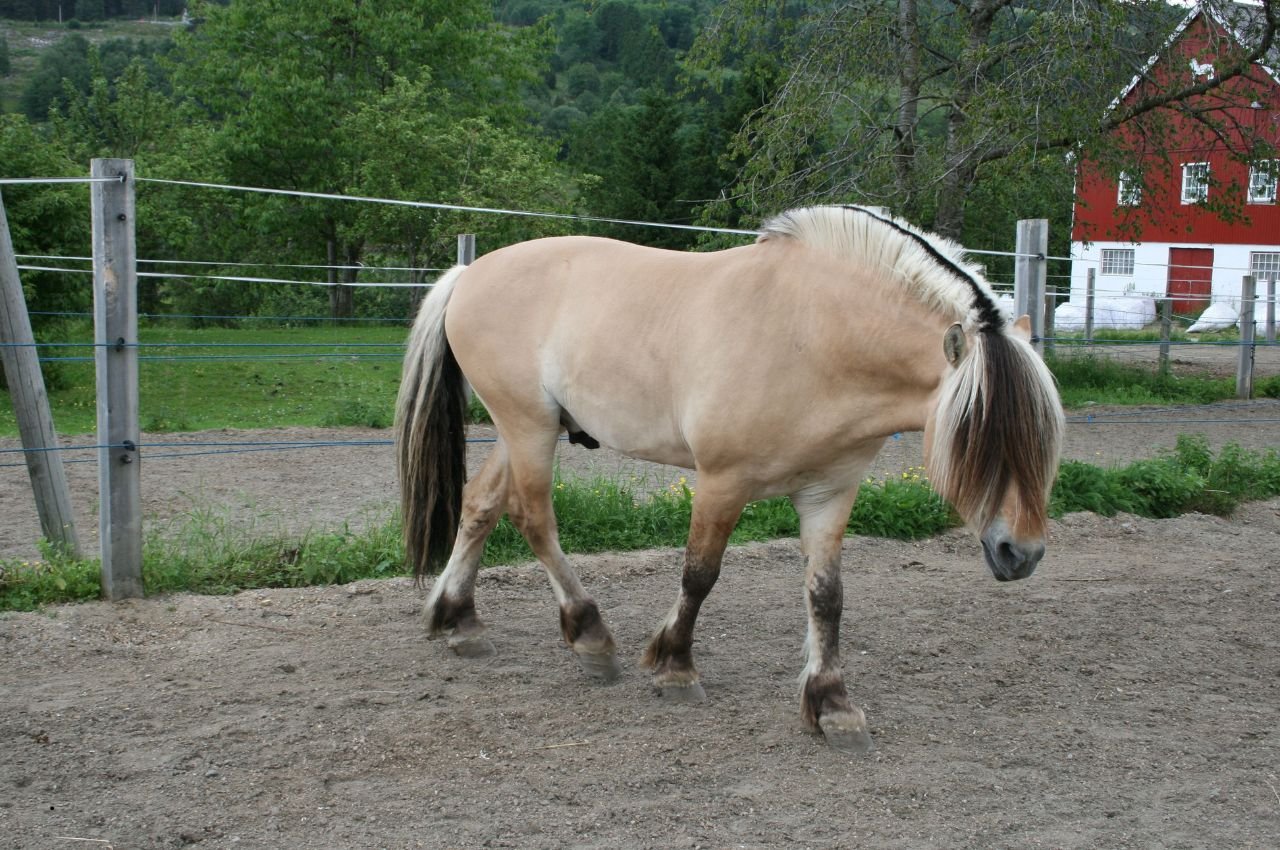Maintaining a healthy weight is just as important for horses as it is for humans. Whether you own a performance horse, a leisure companion, or a senior horse enjoying retirement, horse weight management plays a critical role in overall health, longevity, and performance. Overweight or underweight horses are both at risk of developing health issues, from laminitis to weakened immune systems.
In this guide, we’ll walk you through 7 essential tips to help you master the art of horse weight management and keep your equine partner in optimal condition.
Table of Contents
Know Your Horse’s Ideal Weight
The first step in effective horse weight management is understanding what your horse should weigh. Ideal weight varies based on:
- Breed (e.g., ponies vs. draft horses)
- Age
- Activity level
- Body frame
Use a weight tape or a weight calculator formula (based on girth and length measurements) to estimate your horse’s current weight. Working with your vet to determine a healthy target weight is essential.
Tip: Body Condition Scoring (BCS) is a helpful method to assess fat distribution and overall condition on a scale of 1 to 9, where 5 is considered ideal.
Track Weight Regularly
Monitoring your horse’s weight is key. Horses can gain or lose weight gradually, making changes hard to detect without routine checks.
- Weigh monthly using a weight tape.
- Keep a chart or log to track progress.
- Use photos from consistent angles to visually track changes.
By catching fluctuations early, you can adjust diet or exercise before the problem escalates.
Adjust the Diet Accordingly
Horse weight management is heavily influenced by diet. Whether your horse needs to lose or gain weight, evaluate:
- Forage: Good-quality hay should make up the bulk of your horse’s diet. Avoid overfeeding rich hay to overweight horses.
- Grain and Concentrates: High-calorie feeds may be necessary for hard keepers, but are risky for easy keepers.
- Supplements: Use fat supplements (e.g., rice bran oil) for underweight horses, or consider low-starch feeds for weight loss.
Consult a veterinarian or equine nutritionist before making major dietary changes.
Provide Regular Exercise
Just like in humans, exercise is a cornerstone of horse weight management. Even light movement helps with metabolism, digestion, and overall health.
- For overweight horses: Start with walking and build up gradually.
- For underweight horses: Pair light exercise with proper nutrition to build muscle.
Try to tailor the exercise routine to your horse’s age, health condition, and fitness level. Always warm up and cool down properly.
Monitor for Underlying Health Conditions
If your horse is losing or gaining weight without a clear reason, it may be due to underlying health issues such as:
- Dental problems
- Parasite infestation
- Metabolic disorders (e.g., Equine Metabolic Syndrome, Cushing’s Disease)
Routine veterinary checks are vital to rule out or treat these causes. Ignoring such issues can make any horse weight management strategy ineffective.
Manage Grazing and Feeding Schedules
Horses are natural grazers, but unrestricted pasture access can lead to obesity—especially in easy keepers.
- Use a grazing muzzle if necessary.
- Limit pasture time during lush seasons (like spring).
- Offer hay in slow feeders to mimic natural grazing and prevent binge eating.
For underweight horses, free access to hay and more frequent, smaller meals can support steady weight gain.
Customize Care for Age and Lifestyle
Age significantly influences horse weight management. Senior horses often have trouble maintaining weight due to dental wear or slower digestion. In contrast, young horses may have higher calorie needs for growth and energy.
Performance horses may require high-energy diets, while pasture pets may need low-calorie, high-fiber feeds.
A customized approach ensures that your horse’s unique needs are met without overfeeding or undernourishing.
Final Thoughts on Horse Weight Management
Horse weight management is a balancing act that requires attention, patience, and consistency. From understanding your horse’s ideal weight to tailoring nutrition and exercise, every step plays a part in promoting a healthy, happy life for your horse.
By following these 7 tips and working closely with your veterinarian, you can ensure your horse stays in the best shape—season after season.
FAQs About Horse Weight Management
How can I tell if my horse is overweight or underweight?
You can assess your horse’s body condition using the Body Condition Score (BCS) system, which rates fat coverage from 1 (emaciated) to 9 (obese). A score of 5 is ideal. Also, regular use of a weight tape and visual checks help monitor changes over time.
How much weight should a healthy horse gain or lose per month?
Weight changes should be gradual. Aim for a 1% change in body weight per week. That means about 10–15 pounds per week for an average 1,000-pound horse. Rapid changes can stress the horse’s body or indicate underlying issues.
Can pasture grazing lead to obesity in horses?
Yes. Uncontrolled grazing, especially during the lush spring and early summer months, can cause excessive calorie intake. Consider using a grazing muzzle or restricting pasture time if your horse is prone to weight gain.
What’s the best feed for a horse that needs to lose weight?
Feed low-calorie, high-fiber forage (such as mature grass hay), and eliminate or reduce grain-based feeds. Use slow feeders to mimic natural grazing and prevent boredom. Always consult a vet before drastically changing the diet.
How often should I weigh my horse?
While a monthly weight check is a good routine, you may need to monitor more frequently during weight gain or loss programs. Always combine weight checks with body condition scoring for a fuller picture.

